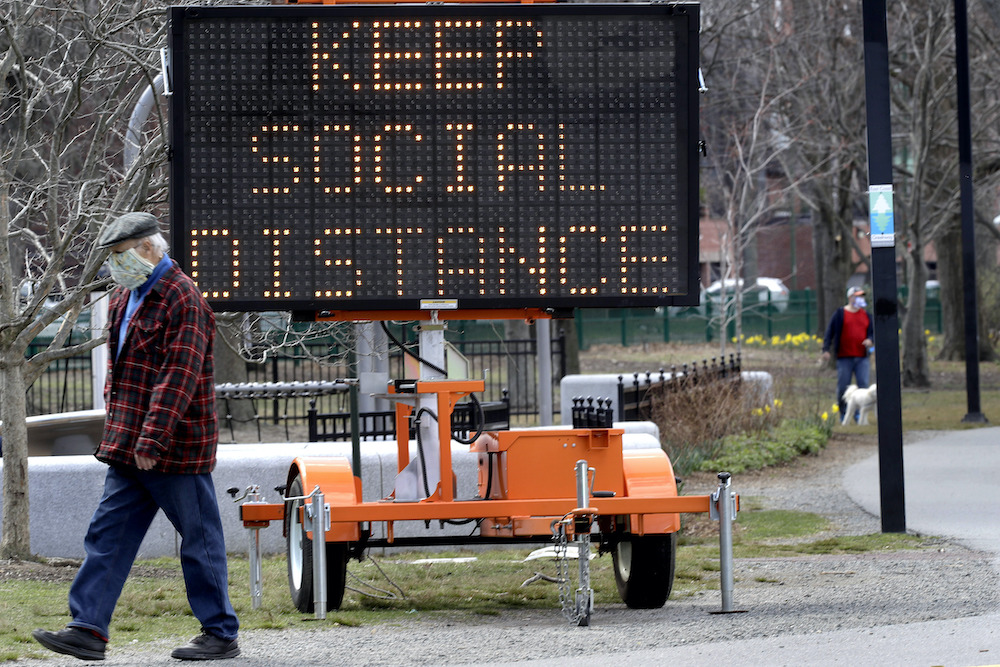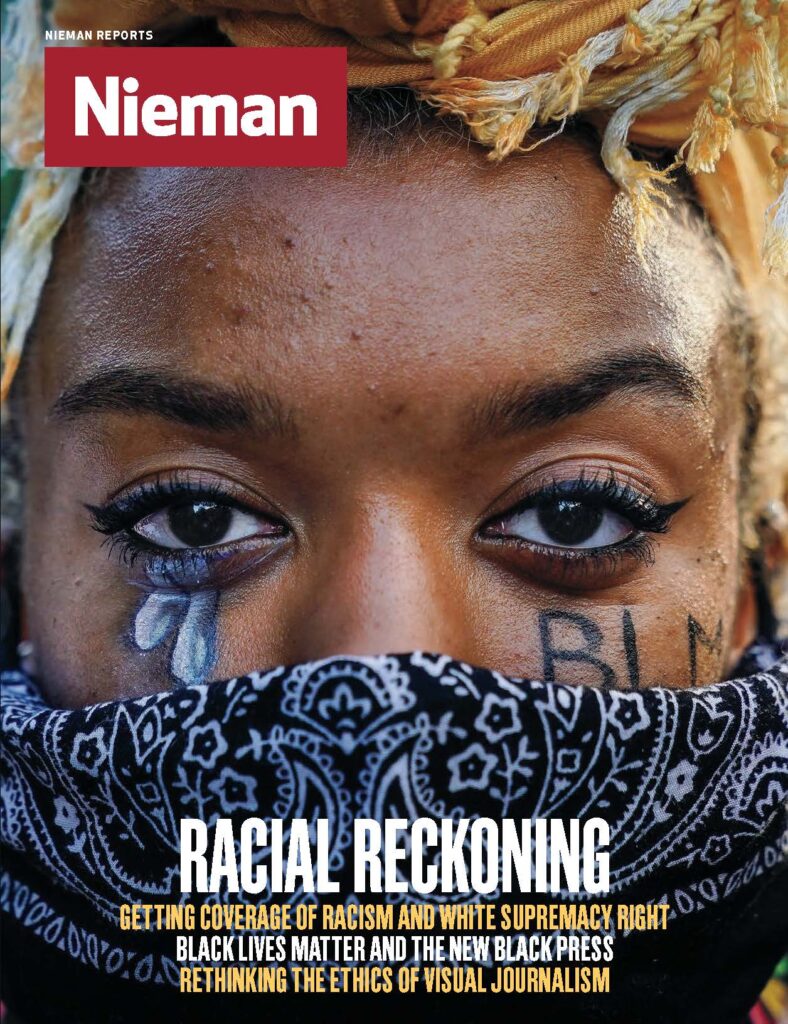Just three days earlier, I’d launched my new startup, The Chronicles of Now. We commission authors, like Carmen Maria Machado, Colum McCann, and Curtis Sittenfeld, to write short fiction inspired by the headlines, as a way of offering fresh perspective on the news. Each piece is paired with a sidebar that offers fact-checked context on the topic, along with a curated list of the best journalism for those who want to dig deeper.
The launch went well, there was some nice buzz and momentum — and then all of our worlds collapsed to the size of our living rooms. Roxane Gay had called it.
The Chronicles was created to close the distance between the headlines and our lives; timely, urgent fiction that prompts readers to think deeply about the way the news, whether immigration, climate change, or the election, impacts our daily lives. And yet suddenly, in a matter of weeks, we were all living the news.
The stories I commissioned began to change, too. Gone was the knowing perspective that came from authors writing about the familiar. Instead, authors seemed to be conjuring the headlines to come, somehow making sense of the signals before the rest of us. Gay saw the long road of quarantine, and even hinted at the global war to create and control a vaccine. Daniel Torday wrote about a city of masks, two weeks before the CDC recommended that every U.S, city become one. Benjamin Percy imagined the confusion and pain of a young girl watching her mother get sick. Ben Fountain wrote about a time when instead of dropping off items, the white vans, often used by Amazon and FedEx, pick them up to redistribute to those in need. It’s wild, crazy stuff. But with Amazon seeming more and more like a government service, and governments across the world instituting increasingly invasive special measures... is it?
We are living in a new reality in which the distance between reader and news has collapsed. We’re all part of the story, and we all obsessively follow each intimate detail of it — the pandemic, the economic collapse, the hopeful recovery — to gain some small purchase on how the unknown might end.
Fiction and art can offer something the best reporting never can: A way of understanding, if for only a moment, that which can’t be understood.




